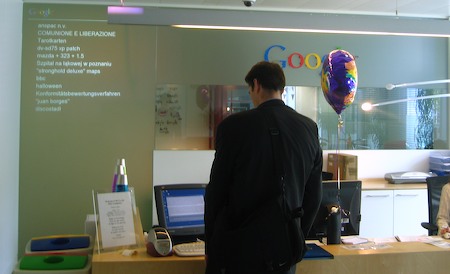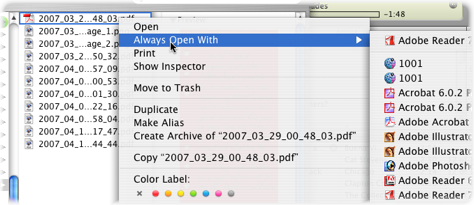The Microsoft research lab here in Cambridge has some of my best friends working for it, and many people for whom I have a great respect. I count myself lucky that there’s a great degree of overlap between those groups! Many of them are doing some very cool stuff.
And yet, I’ve felt for some time that Microsoft is a dying company. For a year or two I’ve been discussing this with friends and colleagues and there seems to be general consensus. MS has huge reserves of cash, and a monopoly position which means that its pulse will beat for a long time to come. But it beats ever more slowly, and despite good work by the researchers internally, frankly, nothing interesting has come out of Microsoft for a very, very long time.
There are three key problems that it faces.
The first is that operating systems are commodity items. It’s been more than 6 years since I’ve had a Windows machine and I haven’t missed it a bit. You can get capable operating systems from several sources, and nobody gets very excited about which one they have any more. In this respect, I think Microsoft is very like AT&T. They provide a useful service, so you hand over the money. But all the interesting stuff about phone calls comes from whom you contact and what you say to them, not from who provides the wires. The wires ceased to be a novelty some time ago.
The second problem is that Microsoft Office is becoming less and less relevant. Almost everything I write now ends up in electronic, not paper, form. On the rare occasions when I want to write a letter, I use Apple’s Pages, not Word. If I wanted to write a book, I would almost certainly use OpenOffice. Both are arguably better suited to those tasks. The only times I fire up Word nowadays are when somebody – usually a law firm – sends me something for which the ‘track changes’ feature is necessary. (Younger companies tend to use more up-to-date tools for collaboration). I also prefer Keynote to Powerpoint. Excel I do still use, but – here’s the important point – I wouldn’t part with any of my own money to upgrade any of these three-year-old programs. For me, and for many others, they have that word ‘legacy’ hanging around their necks.
The third, and most telling, nail in Microsoft’s coffin was highlighted for me in a talk given by a former Microsoft employee who had recently moved to Yahoo. I can’t remember his name, for which my apologies. But I remember very clearly what he said.
He had developed a new feature for Outlook/Exchange in 2004. It was a cool feature and was due to be incorporated in the next release, in 2007. But then it was deemed to be a little too aggressive to include it so quickly, so it was postponed until the following release, which will presumably be in 2009/10. Six years after he finished it! When he moved to Yahoo, he would implement a new feature and it was not unusual for someone to ask, “Could this go live this afternoon?”
That’s why Microsoft are almost certainly dead, at least in terms of having any real impact on the world’s future development.
Aha! While I was in the middle of writing this, I came across Paul Graham’s recent article saying just the same thing:
Microsoft’s biggest weakness is that they still don’t realize how much they suck. They still think they can write software in house. Maybe they can, by the standards of the desktop world. But that world ended a few years ago.
There is, I think, one caveat here.
Microsoft have never succeeded in anything that didn’t depend on the monopoly they established with Windows and Office, despite the huge subsidies they can and have thrown at each and every attempt. With one exception.
The XBox.
That seems to be going well for them, which may mean Microsoft has a bright future making games consoles. But it’s hardly the same company. The Microsoft era that we’ve known for the last 20 years is drawing to a gentle close. I can’t say I mourn their passing.





Recent Comments